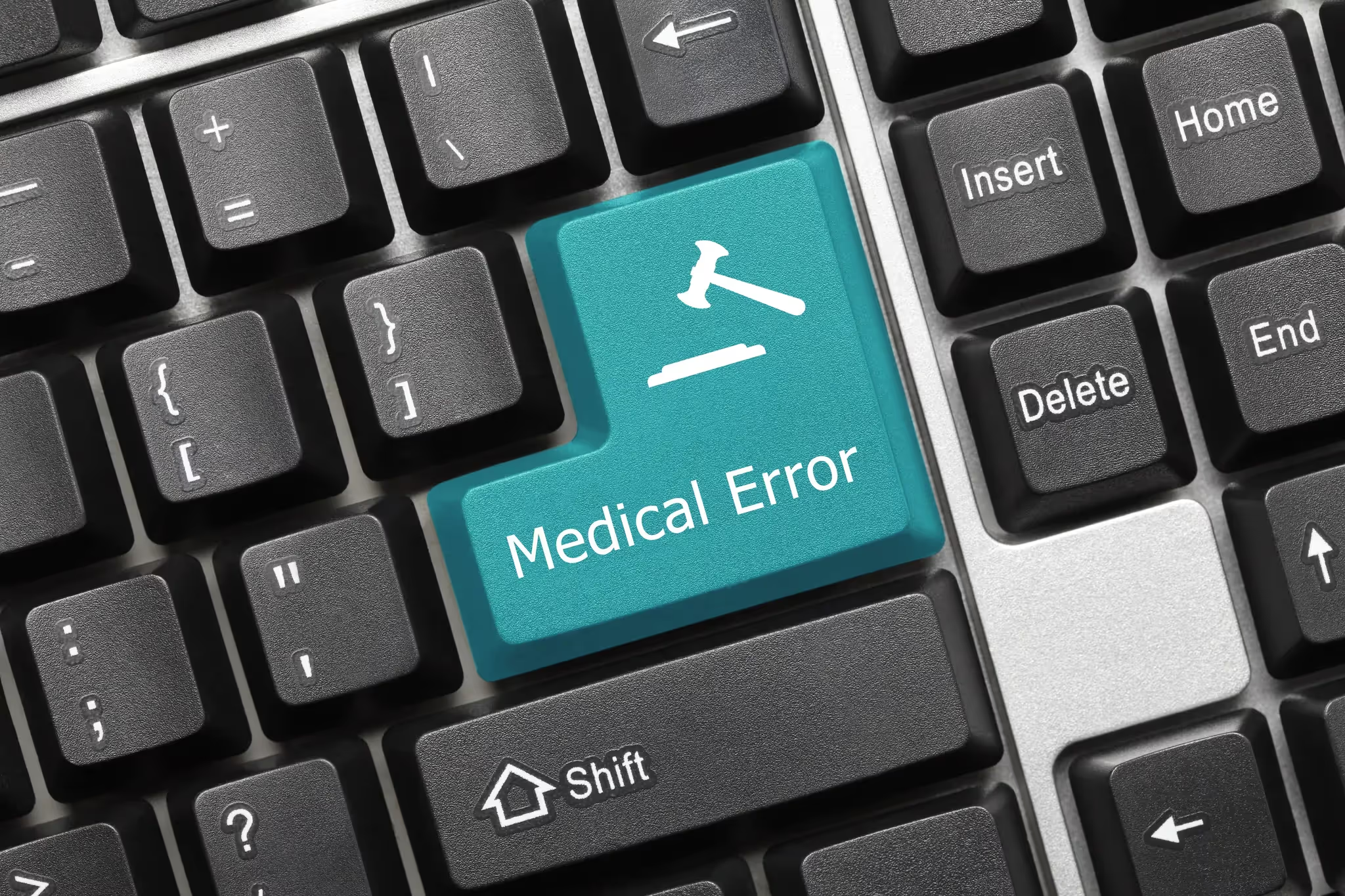table of contents
Data analyzed by the U.S. Centers for Disease Control and Prevention shows that more people perish globally as a result of medical errors than they do as a result of a lack of access to medical care. This concerning fact shows that medical malpractice and death can be, and often are, related when someone perishes in a hospital.
If a fatal medical mistake rises to the legal level of medical negligence, then it might be possible to file a lawsuit against the facility or medical staff that made the error. Hospital wrongful death lawsuit settlements, on average, exceed tens of thousands of dollars, since the loss of life always comes at a high cost for their loved ones. Find out exactly how to seek justice after a fatal medical malpractice incident below.
Key Factors that Determine the Settlement Amount
According to the American Bar Association, all 50 states now have wrongful death statutes in place that allow impacted family members to pursue lawsuits against facilities when their loved ones have suffered death by hospital negligence.
If your loved one was a patient at the hospital and the fatality arose as a result of medical negligence, you can typically sue the hospital by pursuing a lawsuit. Key factors that will determine your settlement amount include the extent and severity of your losses, the costs associated with your loved one’s end-of-life care and wishes, and any pain and suffering endured after the loss. Another critical factor is the amount of evidence you can secure to prove the hospital’s behavior fell outside of the reasonable standard of care expected of them under the law. In general, the more proof you have, the easier it will be to secure a sizable settlement.
You’ll also need to consider whether there are caps on medical malpractice settlements in your state. In general, you won’t be able to receive more than what the state has set as the cap limit in your area.
Examples of Hospital Wrongful Death Cases and Settlements
Recent studies published by the National Institutes of Health suggest that around 200,000 deaths every year are caused by preventable medical errors. That said, suing a hospital for a wrongful death situation is far more common than you might think.
In one recent case of a widow suing a hospital for wrongful death, Togus VA Medical Center’s negligence resulted in the death of a 69-year-old veteran. The widow was able to recover $1.3 million. The victim was suffering from abdominal pain and was admitted to the hospital in 2020. The facility gave him extremely high doses of pain medication over the course of three days. The amount was so high that staff had to override an automatic alert in the electronic medical system to continue prescribing more. The victim ultimately overdosed, suffered brain damage, went into cardiac arrest, and passed away while in the hospital.
What Types of Damages Can You Claim in a Hospital Wrongful Death Lawsuit?
Settlement amounts vary based on several factors, but in general, loved ones will only be able to receive a compensation award that accurately reflects the extent of their losses. It should include both economic and non-economic damages. In rare cases, loved ones might be able to pursue punitive damages. “How much can you sue a hospital for in a wrongful death?” will be determined by the specific circumstances of the case.
Economic Damages
In a wrongful death situation, loved ones are likely to incur several financial expenses suddenly. This might include medical bills prior to the fatality, burial costs, lost wages, funeral expenses, and a loss of financial support.
All of these types of losses are considered economic wrongful death damages. Economic damages are financial in nature and can be proven easily with documentation that shows the exact cost of the loss.
Non-Economic Damages
Non-economic damages are more difficult to prove and value, but medical negligence settlement amounts should include these losses to fully compensate the loved ones of the deceased. A few examples of non-economic damages that you might be entitled to include damages in the form of pain and suffering, emotional distress, a loss of companionship, and an overall decrease in the person’s quality of life.
Since these types of losses are difficult to prove, it’s often best to work with an attorney if you plan on pursuing non-economic damages. Typically, a “multiplier” value will be used alongside your total economic losses to calculate a reasonable value to attribute to your non-economic losses. They are also much harder to prove, which means the other party is more likely to try to minimize these losses.
Punitive Damages
In rare cases, you may be eligible to seek punitive damages in a medical malpractice wrongful death claim. This type of compensation isn’t meant to reimburse you for what you’ve gone through but instead to financially penalize the negligent party. The main purpose of this type of compensation is to discourage the negligent party from behaving similarly in the future.
Punitive damages are only awarded in rare cases, such as when the negligence was extreme or the perpetrator completely disregarded your loved one’s life.
Another thing to keep in mind is that punitive damages for wrongful death are not available under the Federal Tort Claims Act (FTCA), so you won’t be able to seek out these specific types of damages if you have an FTCA case.
The Role of Insurance and Hospital Liability in Wrongful Death Settlements
After you experience a medical malpractice wrongful death situation, it’s worth investigating whether your loved one’s insurance policies cover a portion of the losses you experience. If so, then you can file a claim with your loved one’s insurance provider to ensure a timely payout. In many situations, insurance won’t cover the extent of your losses, so you’ll likely need to investigate hospital liability for the wrongful death, too. If the hospital is liable, then you can pursue a claim against the facility, too.
How to Maximize Your Chances of Getting a Fair Settlement
When you plan to pursue a lawsuit against a hospital, it’s necessary that you ensure you compile a solid case with documentation and proof. If you don't, then it will be easy for the hospital to deny or minimize your claim.
Hiring a competent team of wrongful death lawyers is the best way to maximize your potential settlement award. The right lawyers know the average payout for medical malpractice claims, and they’ll be able to help you properly identify, value, and prove your losses.
An attorney will also make sure you don’t miss any deadlines. If you attempt to file a claim too late, then your case will be dismissed entirely. How long do you have to sue a hospital for wrongful death? Each state has its own statute of limitations laws, so you’ll need to check with a local lawyer. Typically, the statute of limitations for a wrongful death claim is either one or two years from the date of the fatality.
Reach out to Our Wrongful Death Attorneys at Kermani LLP
Filing a wrongful death lawsuit on your own is time-consuming and draining, but hiring our team of qualified and skilled attorneys will help you achieve the compensation you need to move forward without having to dedicate more of your energy towards resolving the claim.
Let our advocates handle the legal aspects of your case while you focus on grieving your loss and comforting your family.
Schedule your free case review with our dedicated and compassionate team of wrongful death attorneys at Kermani LLP now by leaving your contact details on our online form. You can also reach out to our office directly at (855) 537-6264.
Discover your legal options. Get a free case review, and pay nothing unless we win.
Receive a FREE case assessment
Every case is unique, so we tailor our approach to meet your specific needs.











